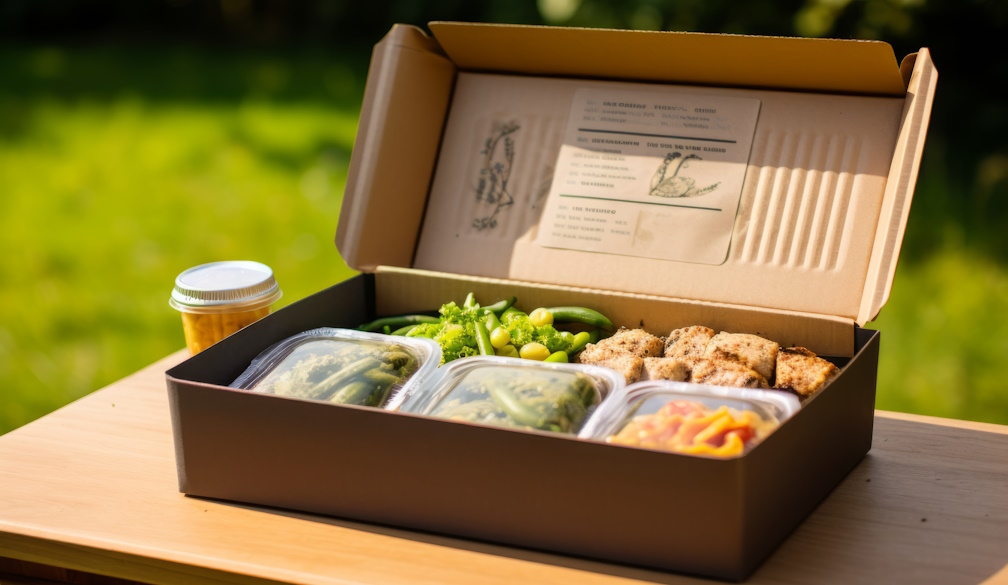Voice evidence in trials: can a criminal suspect be identified just by the sound of his voice?
- Written by Ahmar Mahboob, Associate Professor of Linguistics, University of Sydney
A few months ago, I received a call from a barrister who asked me if I could evaluate whether voice identification testimony submitted in a criminal case against an Indigenous man was based on appropriate analysis.
He told me a police officer had been working on a criminal investigation when he heard a voice on a covert audio recording that he believed was one of three suspects in an unrelated armed robbery investigation.
The police had mobile phone and location data on two of the suspects in the case. However, they did not have direct evidence tying the third suspect to the crime. To prove his involvement, the prosecution sought to use voice identification evidence, in addition to other evidence that I was not privy to.
After a single meeting with the suspect in custody, the officer investigating the case identified the voice on the recording as his. The police officer said he was certain of the match because the suspect, like the voice on the recordings, had
a low voice. He speaks with a kind of a drawl and occasionally sounds like a bit of a whine.
The suspect pleaded not guilty to the crime and questioned the validity of the voice identification. It was at this point the lawyers contacted me.
I reviewed the police procedures used in the case with another linguistics professor at the University of Sydney, Mark Post, and a team of graduate students, and we agreed the voice identification did not meet the standards for forensic linguistic evidence used in trials.
Read more: Imperfect match: weighing probability in forensic voice analysis
The evidence had been submitted by a so-called “ad hoc expert,” in this case, the police officer, who had no training or expertise in forensic linguistics. As part of our brief, our job was limited to reviewing whether sufficient language analysis had been carried out to substantiate the voice identification. In our expert opinion, it had not.
According to the barrister, the judge was convinced of the suspect’s identification based on all the evidence in the case, not just the voice evidence. The man was ultimately convicted and sent back to prison.
The problem with voice evidence
Multiple studies have warned about the reliability of voice evidence in criminal cases. For example, one recent study concluded that the way such evidence is used in trials is inconsistent with scientific research and needs to be revised.
Other studies have found that while there are a number of legal requirements around the use of eyewitness testimonies in trials, voice identification testimony has not been sufficiently scrutinised.
One of the problems is that both Commonwealth and state laws currently permit voice identification evidence to be provided by so-called “ad hoc experts”, such as a police officer or interpreter who listens to a recording of a person accused of a crime and then matches that voice to a specific suspect.
This is a problem because these people usually lack the linguistic training and expertise to make an accurate identification.
Read more: You're the voice – the science behind speaker recognition tech
Another issue is “expectancy bias,” which occurs when an expert listens to the same recording multiple times and develops an expectation as to the person’s identity, leading to a biased result.
Other socio-economic and racial biases also come into play and can result in a false identification.
In the testimony that our team examined, for instance, it was our opinion that the words “low voice”, “drawl” and “bit of a whine” in the police officer’s testimony suggested a negative attitude towards the English dialect spoken by some Indigenous Australians.
Studies have also shown that factors such as fatigue, drug or alcohol use, and emotional distress can significantly alter voice quality (including, but not limited to, recordings) and impact the reliability of voice identification testimony.
In other cases where the quality of an audio recording is poor, voice enhancements or forensic transcripts may be provided to the jury. But, this, too can be problematic.
Evidence suggests that voice enhancements can also lead to false identifications. If the person enhancing or editing the audio has certain biases, for instance, he or she can digitally edit the audio recordings in a way that promotes particular “hearings” or interpretations of the recording.
Forensic transcripts can likewise be influenced by the perceptions or biases of the person transcribing the audio.
Possible legal solutions
The Australian legal system, like the rest of the world, needs to respond to these issues by engaging with language experts and considering changes to the guidelines regarding the admissibility of voice evidence.
Such changes should include a re-evaluation of the type of voice evidence allowed in trials, how it’s analysed by experts, and what types of enhancements or transcripts are permitted.
Read more: Could you identify a criminal by their voice? It's far harder than it sounds
Forensic linguistic experts also need to learn how to better communicate their opinions to the court.
Questions around voice identification evidence need to be addressed urgently. If false identifications often occur based on this type of evidence, imagine all the wrongful convictions it could be resulting in.
Ahmar Mahboob does not work for, consult, own shares in or receive funding from any company or organization that would benefit from this article, and has disclosed no relevant affiliations beyond their academic appointment.
Authors: Ahmar Mahboob, Associate Professor of Linguistics, University of Sydney





















